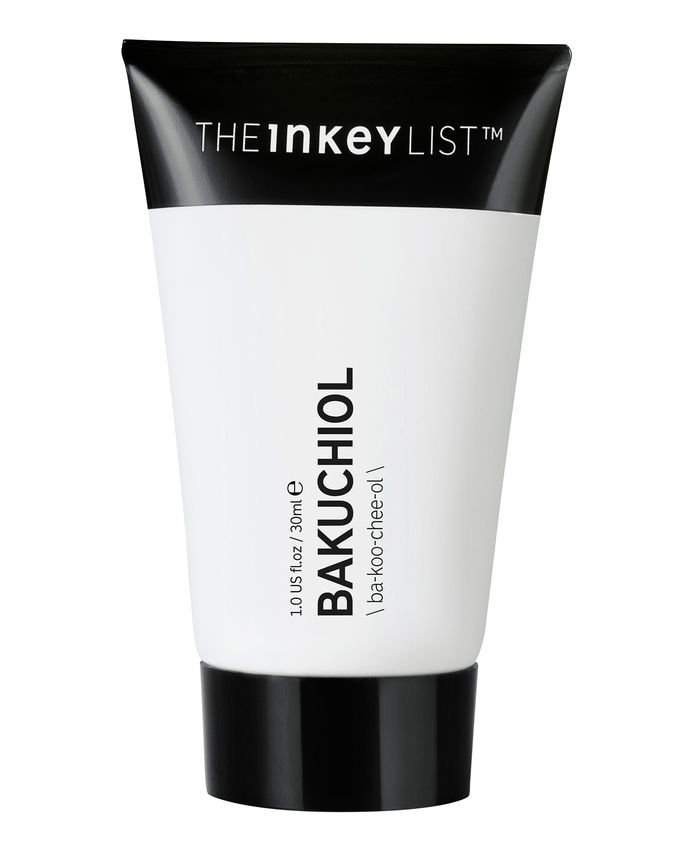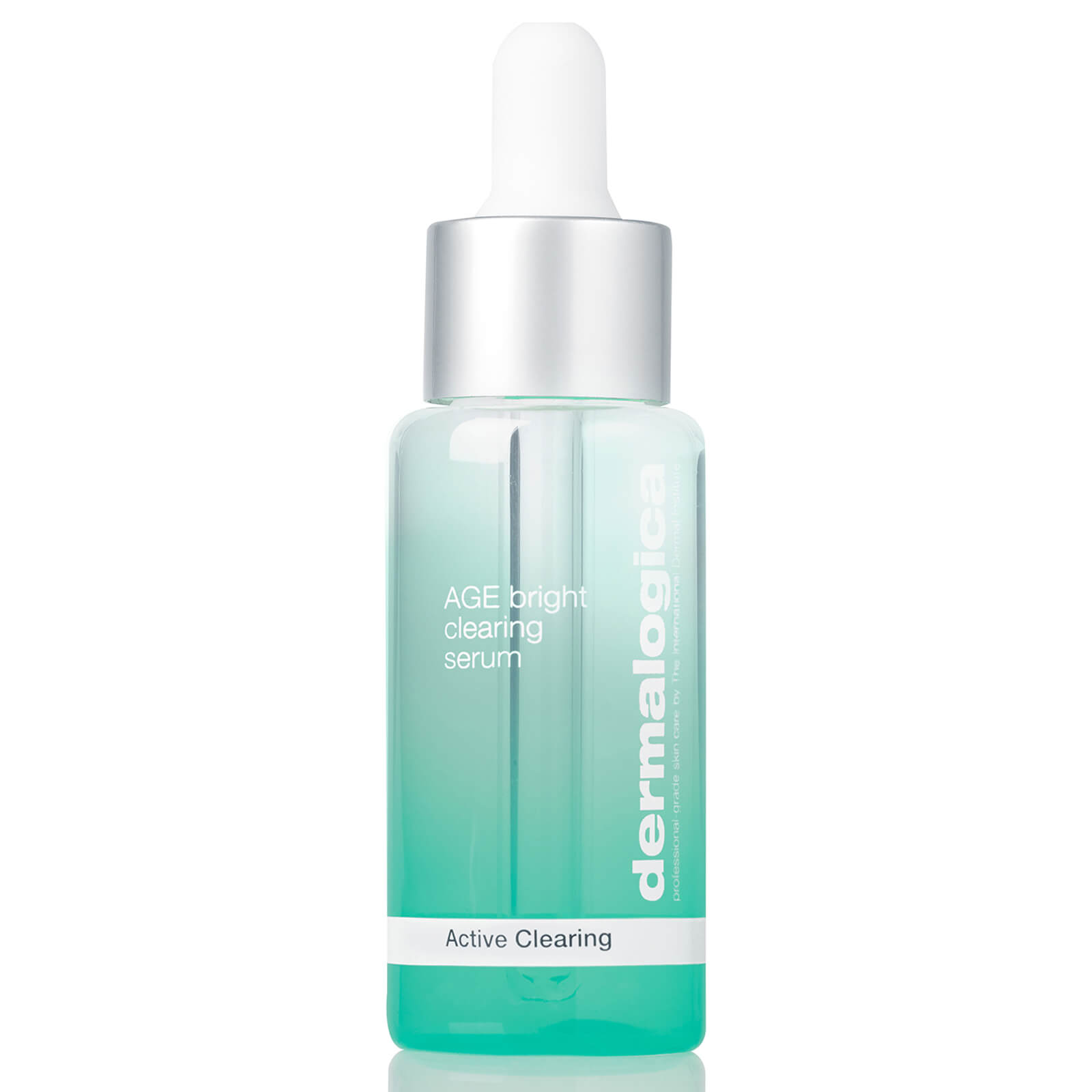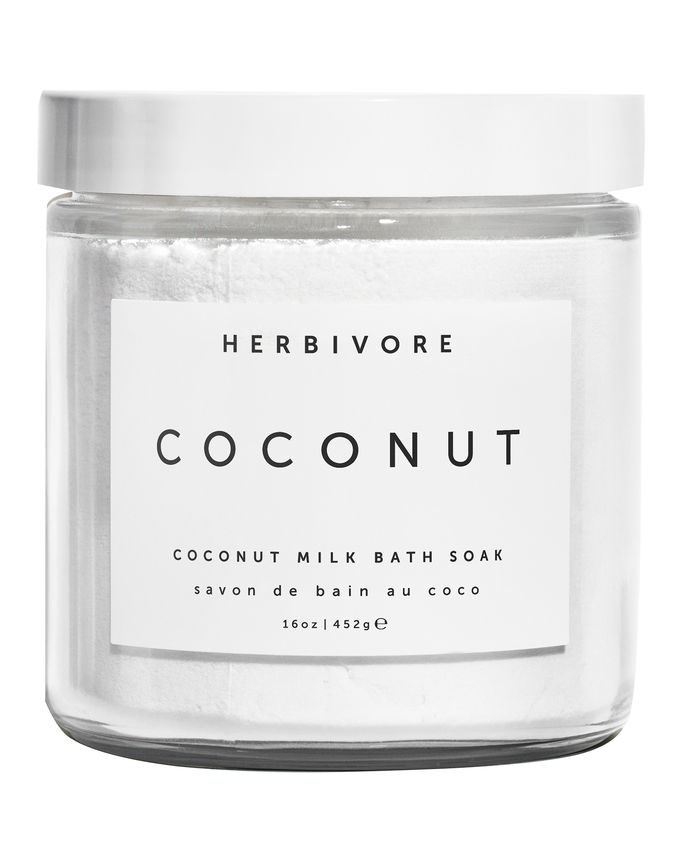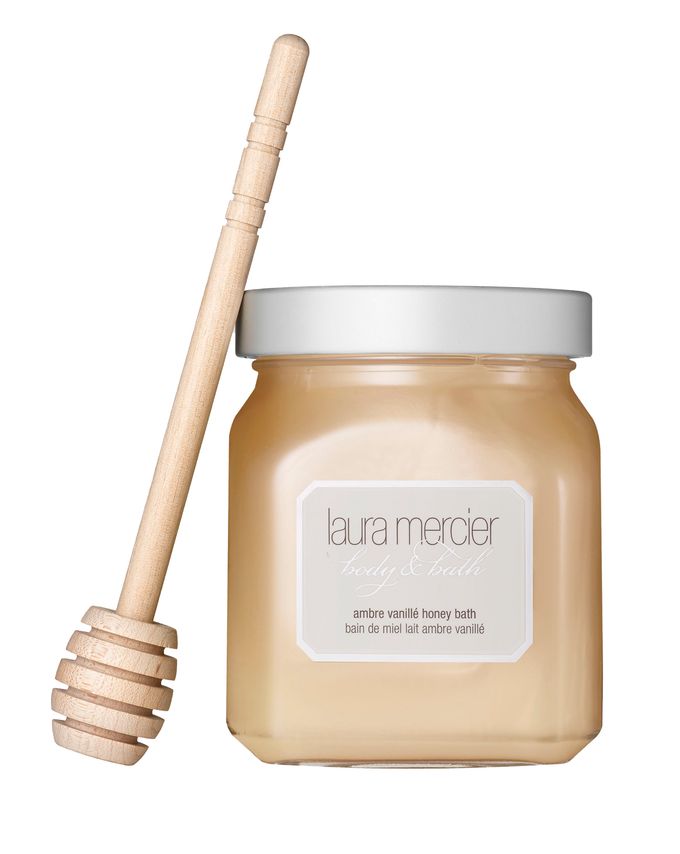This Is How My Skincare Routine Changed After I Found Out I Was Pregnant

Finding out that you're pregnant can come with a cacophony of emotions: fear, excitement, trepidation, joy, etc. And if you're a beauty editor, you might feel complete and utter panic when you find out about all of the potentially damaging chemicals you've been happily slapping onto your face up all this time… Yes, although this will be my first baby, writing about skincare day in and day out meant I was already aware that certain skincare ingredients are a major no-no during pregnancy. And guess what? I was using all of them. After a hasty cancellation of a pretty intense acid peel I had booked the following week under the guise of a stomach bug (my standard first-trimester excuse for getting out of any and all plans), researching what I should and shouldn't be using on my skin was one of the first items on my pregnancy to-do list.
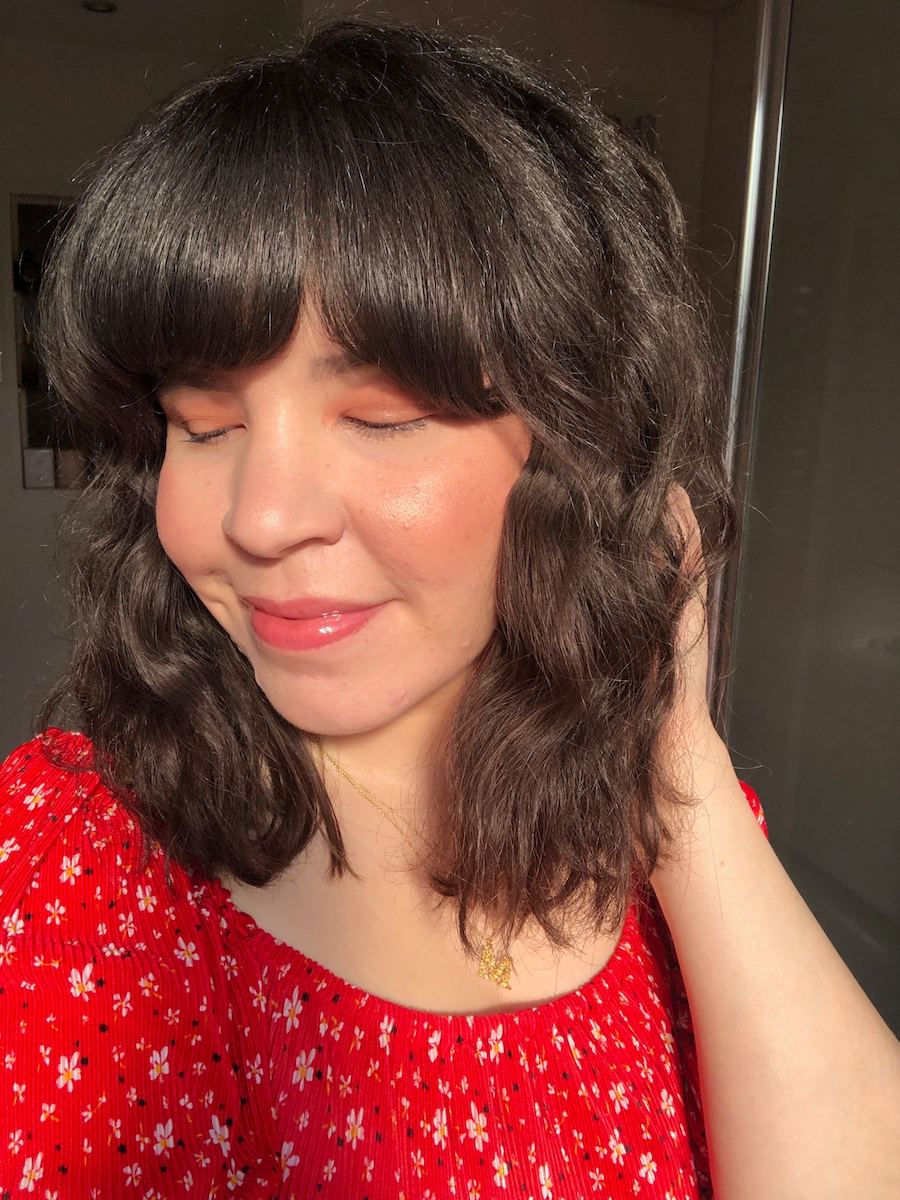
Luckily the rise in clean beauty and natural skincare means there are plenty of hardworking options out there if you want to be more conscious about the formulas you use during pregnancy—and in everyday life. Thankfully, there are plenty of ingredients that are still safe for use if you do prefer slightly more robust formulations like me. In fact, the key to a successful pregnancy skincare routine might be more about the amount of products you use than the type.
"Layering products can be great for the skin, but sometimes we're so overwhelmed with the amount of options that we think they'll all be beneficial. This can cause disruption and breakouts," explained Nichola Joss, Foreo's celebrity facialist. "While your skin is fluctuating and potentially more sensitive, try adopting a less-is-more approach. It's also important to avoid some ingredients that may have been part of your skincare regimen before. Things like retinol and certain essential oils should be avoided."
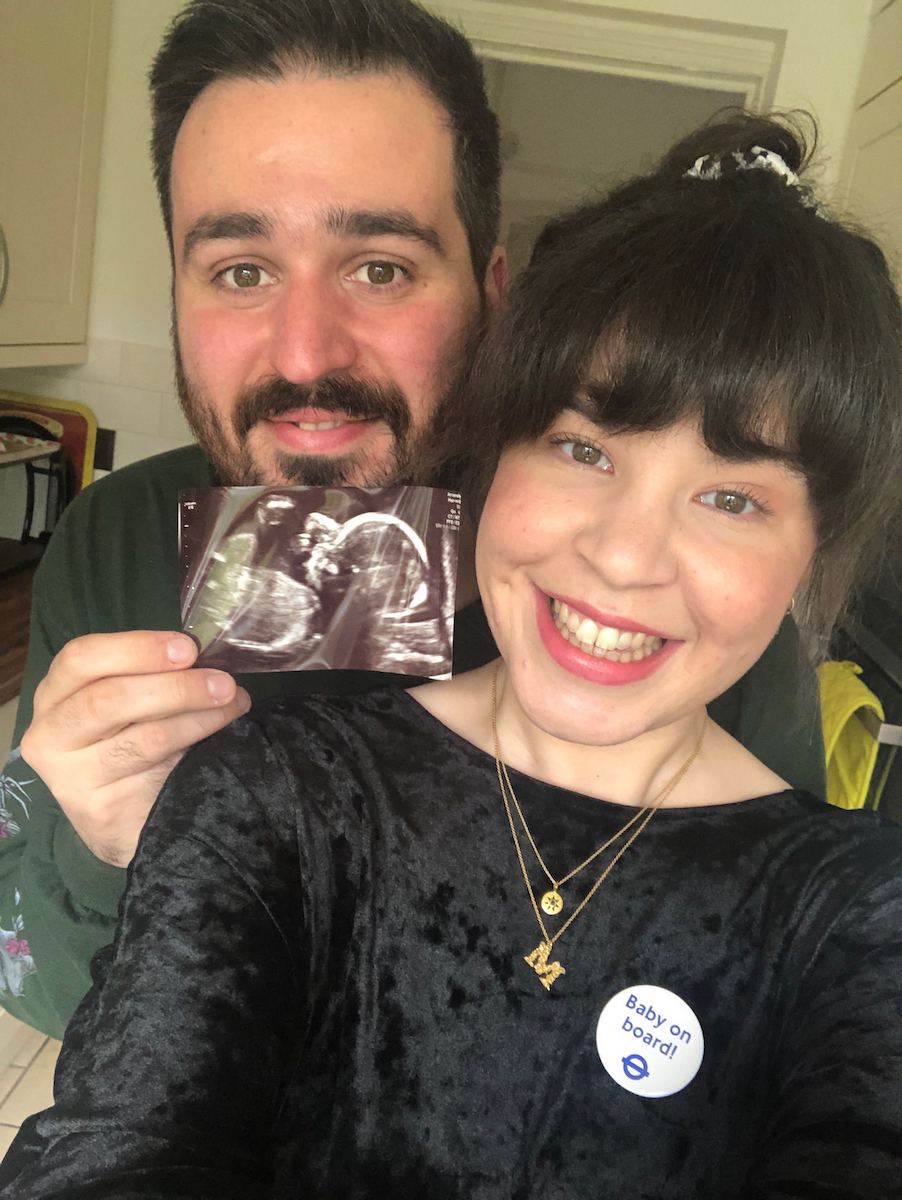
Now that I'm 21 weeks into my pregnancy, I'm feeling pretty confident about the changes I've made to my skincare routine, and I think my product switches might prove useful to anyone out there who's currently feeling utterly bemused about the amount of contradictory advice available. While I can't lie and say I had any signs of that rumoured pregnancy glow for the first half of my pregnancy (a steady diet of potato waffles and plain pasta for the first trimester saw that there was no chance of that), I've definitely turned a complexion corner as I enter the second half of pregnancy. In fact, as someone who has dealt with acne since my early teenage years, I'd go as far as to say that my skin is looking pretty damn good right now.
Keep scrolling for the five changes I made to my skincare routine after I found out I was pregnant.
1. Swap Retinol for Bakuchiol
While there's no clear consensus about the use of things like salicylic and glycolic acids during pregnancy, skincare experts are unanimous when it comes to retinol. "Skincare products formulated with retinol derivatives are not recommended," confirmed Tiina Meder, dermatologist, cardiologist and founder of Meder Beauty Science. "There's no definitive proof of any negative effects yet. However, it has been suggested that retinol derivatives may pose a risk of harm—however minor—to the embryo."
Sadly, I'd recently got on board with a £20 retinol that was doing wonders for my acne scarring and skin tone, so I was devastated I'd have to wave goodbye to it for nine months. However, the same brand that created my favourite retinol serum also created some pretty nifty pads made with bakuchiol, a natural alternative to retinol that works just as well at combating pigmentation and fine lines, and improving your skin's elasticity. It's plant-derived, 100% natural and totally safe to use in pregnancy, so for me, this was an obvious switch to make.
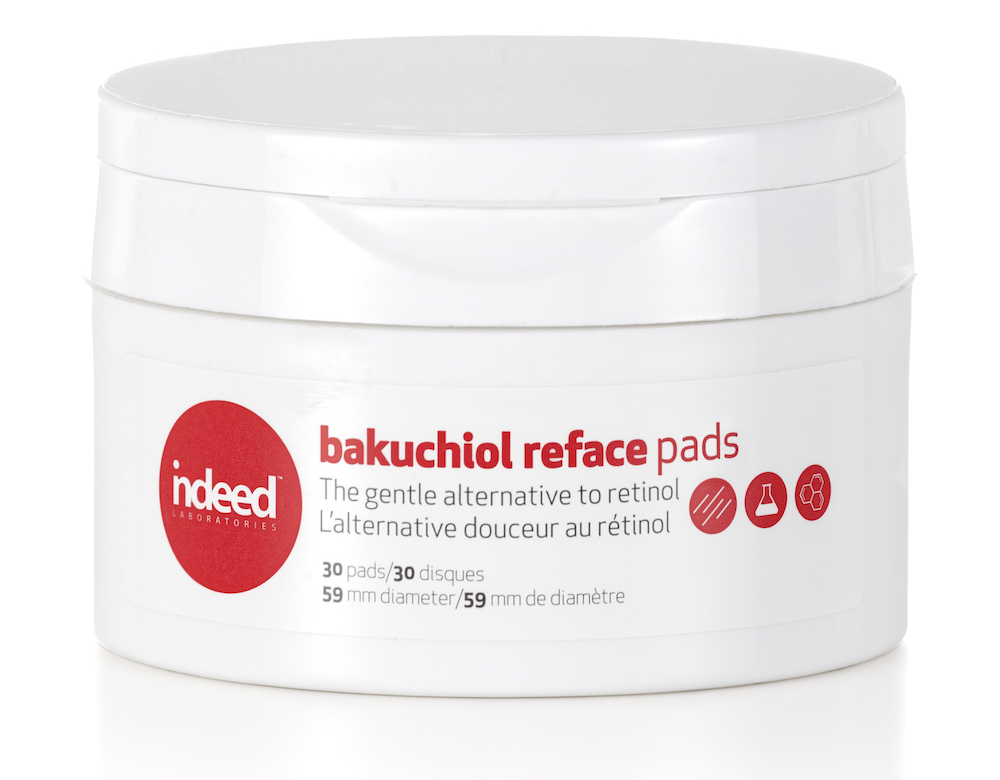
These bakuchiol-infused pads come ready to use. Just sweep them over your face after cleansing and before your moisturiser.
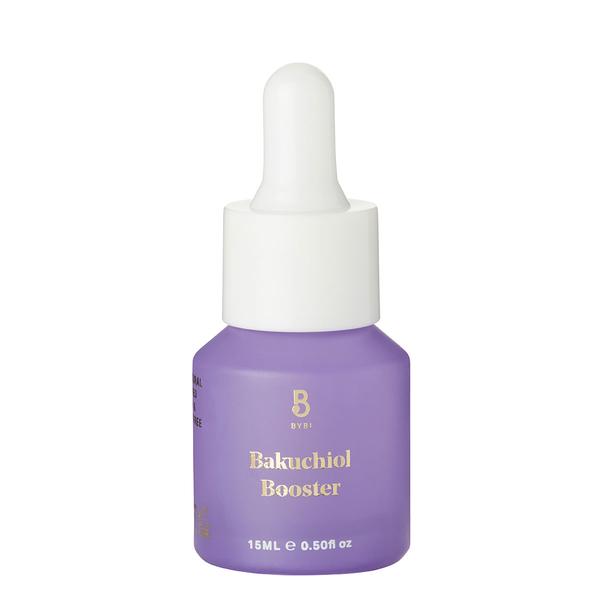
You can apply this straight to your skin using your hands or mix in a couple of drops to your usual serum or moisturiser.
2. Embrace a Low-Dose Salicylic Acid
Finding a retinol alternative might have been pretty straightforward, but there was another beloved ingredient in my regular skincare arsenal that I wasn't sure I could part with so easily: salicylic acid. Ask anyone that deals with regular breakouts what their favourite skincare ingredient is, and it's likely to be this. A beta-hydroxy acid works on the surface to gently exfoliate and also penetrates pores to remove impurities.
"Salicylic acid is also safe to use during pregnancy and won't harm the fetus," Meder tells us. "However, like hydroquinone, salicylic acid is not recommended either for the same reason [that] skin can become more sensitive during pregnancy."
"When used in high concentrations for professional peels, [salicylic acid] is considered a risk when you're pregnant," a representative for Paula's Choice explained. "However, the small percentages used in skincare (2% or lower) are considered safe."
Thankfully, my skin has never been particularly sensitive, and this has remained the case during pregnancy so far. Most salicylic acid products display their percentage prominently on the packaging, so I continue to happily use anything with a dosage of 2% or less—including my favourite liquid exfoliator from Paula's Choice.
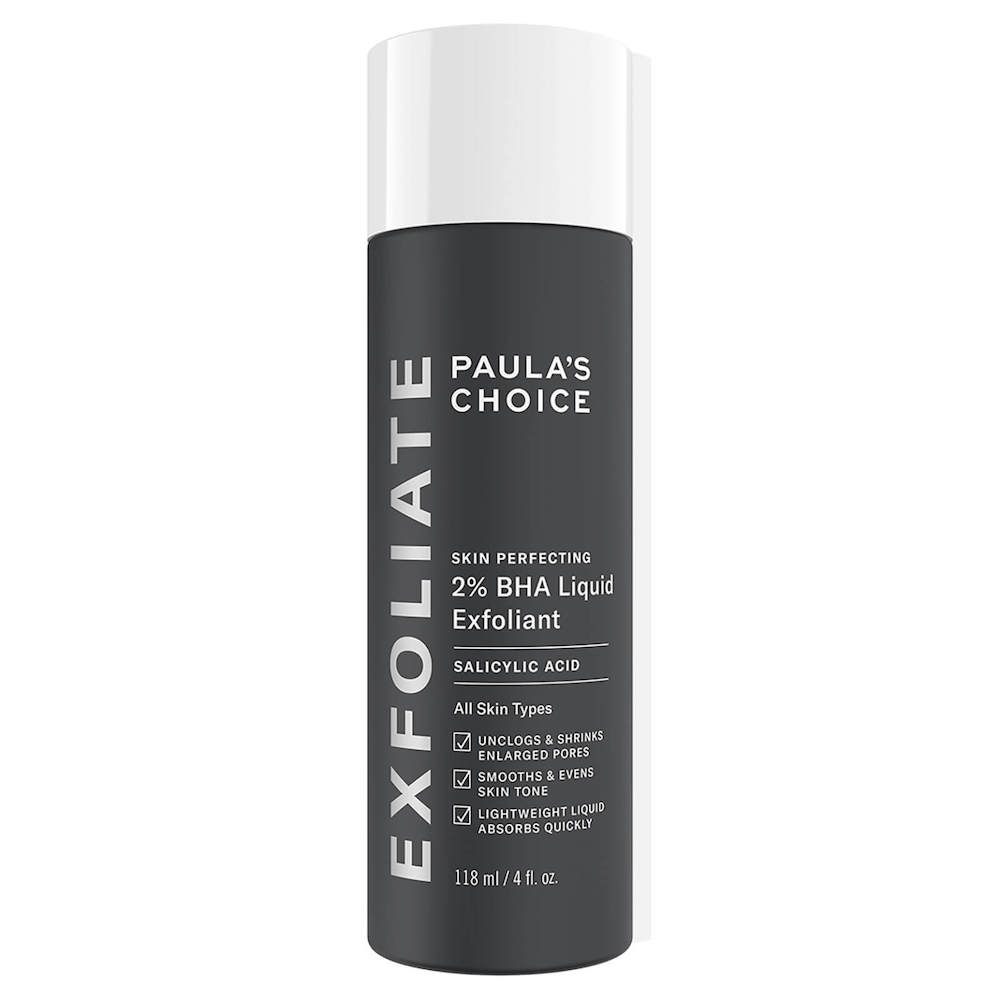
Infused with witch hazel and green tea extract, this gentle daily exfoliator does an amazing job at clearing pores, smoothing the surface of your skin and keeping breakouts at bay.
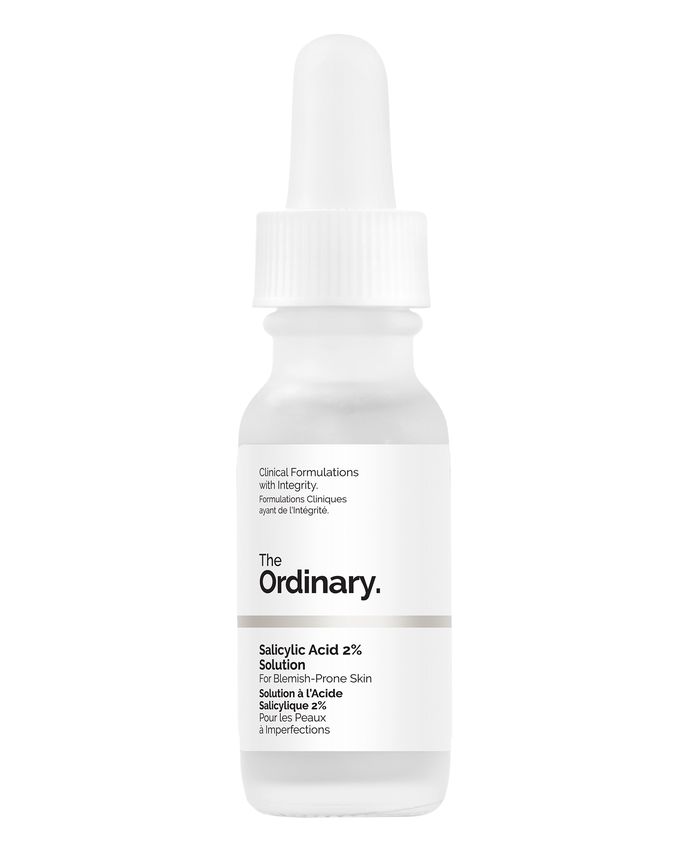
An anti-inflammatory serum that's specially formulated for blemish-prone skin.
#3. Started facial massage
During this pregnancy, I've bought and moved into a new house, attended two weddings, and celebrated my 30th birthday with a 2 a.m. karaoke session when I was still keeping the news under wraps. Alongside holding down a full-time job, attending press launches and trying to maintain some semblance of a social life, it's been a pretty stressful few weeks, and of course, one of the first places that my stress reveals itself is on my face. While there are the obvious skin indicators like stress breakouts and sallow skin from late nights, one of the key places that I hold stress in my face is in my jaw—and let's just say my pregnancy jaw has been majorly stiff.
"It's really important to massage your skin while pregnant, as this practice removes tension and stress from the muscle tissue," explained Joss. "It also relaxes the face, drains puffiness and fluids, improves the texture and tone of the skin, increases circulation and stimulates the lymphatic system." If you have the patience, you can use just your hands to give yourself a really effective facial massage. Suqqu's legendary Gankin massage is even used backstage on models—it's that good. I, however, have been opting for a regular rotation of facial tools to not only ease any uncomfortable knots in my jaw but also as a calming ritual at the end of the day.
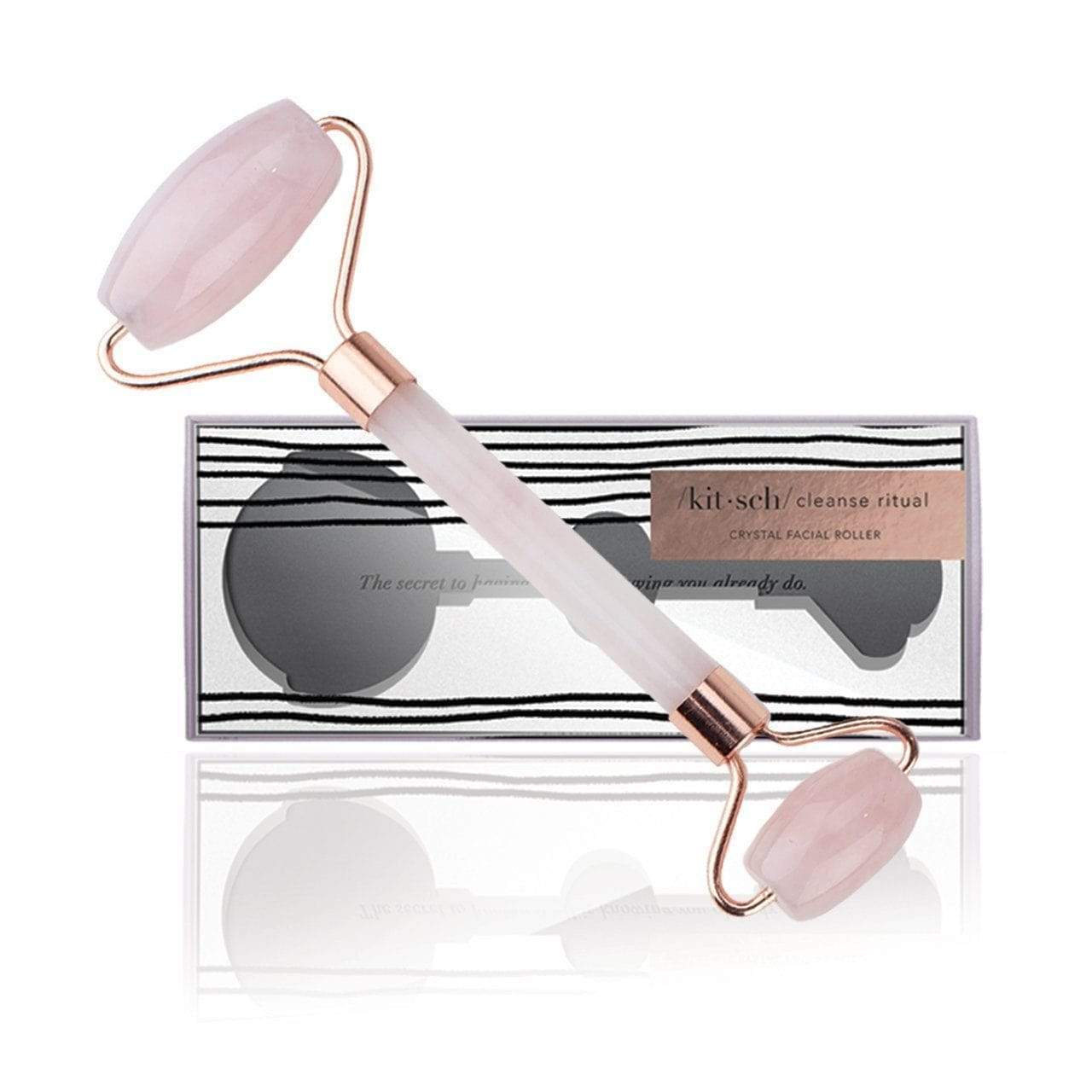
I recently switched my budget facial roller for this beautiful gemstone one from Kitsch, and the difference is astounding. This one is beautifully heavy, feels cool on the skin (even when you haven't popped it in the fridge), and glides over skin to relieve tension and stress. The smaller end is great for de-puffing tired eyes in the morning too.
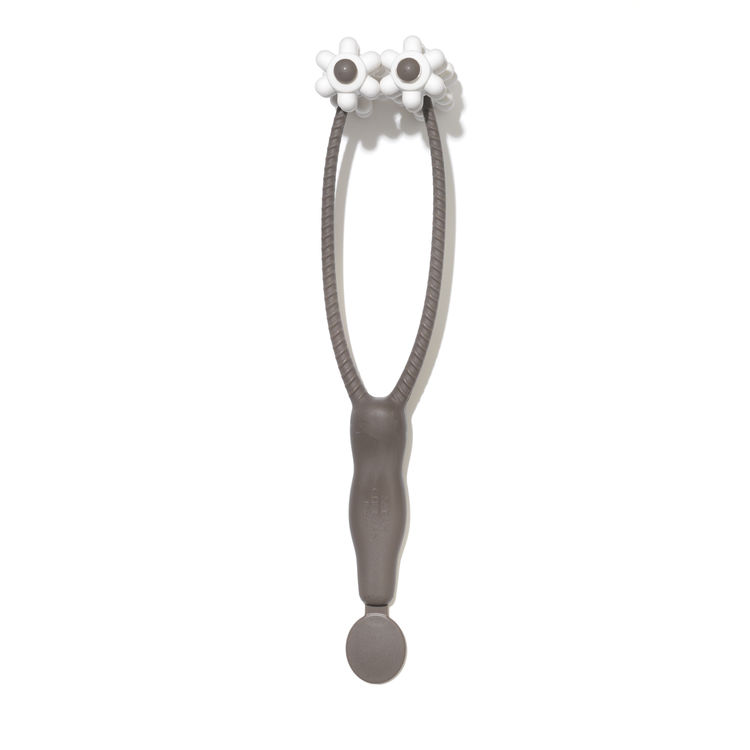
While I love using a gua sha for really targeting my jawline, it doesn't even come close to this massage tool from VB's favourite facialist, Sarah Chapman. While it does look a bit like a torture device, it actually mimics the movement of fingertips and knuckles performing a facial massage on your skin. Genuinely, nothing feels better.
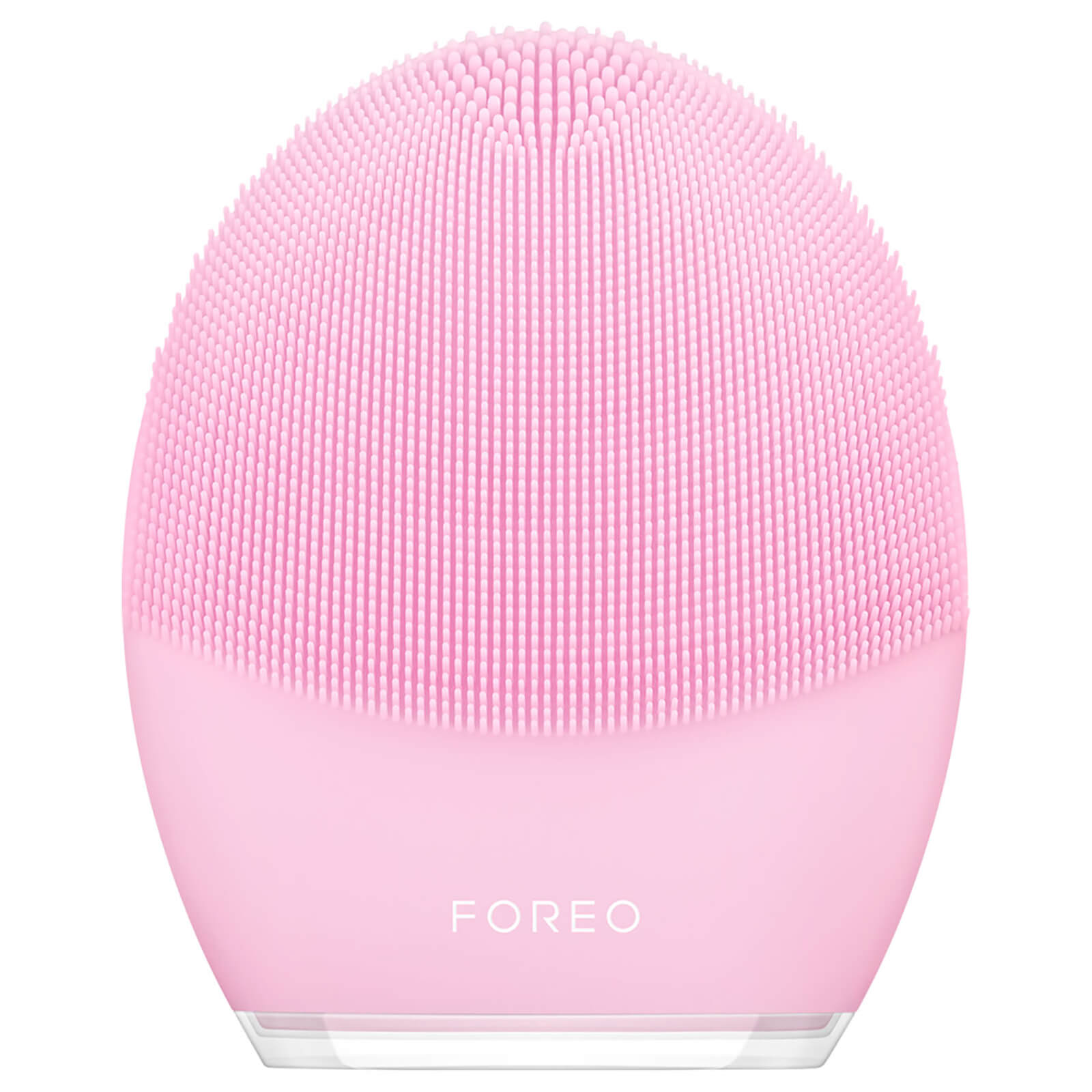
I'm a huge fan of Foreo's cleansing tools anyway, so I was excited to discover this new launch from the brand that cleanses your skin and offers a variety of targeted massage routines. I now use this every evening as part of my cleansing ritual.
#4. Upped my bodycare game
Stretch marks weren't even a part of my beauty vocabulary before getting pregnant. Now they're the one skin issue I'm asked most about by expectant friends seeking product recommendations. Admittedly, I've always been pretty hot on moisturising my body after a shower, although I tended to reserve most of the care for my arms and legs. After all, I rarely walk around with my stomach exposed, so why would I care how silky the skin there looks? Now, though, I'm all about keeping up the hydration levels on my rapidly protruding bump.
I've gravitated towards body oils during my pregnancy. Firstly, I've found it easier to find clean oil formulations than I have lotions, and secondly, I don't enjoy the way that some lotions "drag" across your skin. However, I recently found a lotion I'd recommend if you're not a fan of oils. I spend a couple minutes massaging it in after my evening shower when my skin is still a bit damp and really concentrate on the sides of my bumps, my hips and my ever-expanding boobs. I'll get back to you once the baby is born to let you know if any of this has been worthwhile, but for now, I'm stretch mark free.
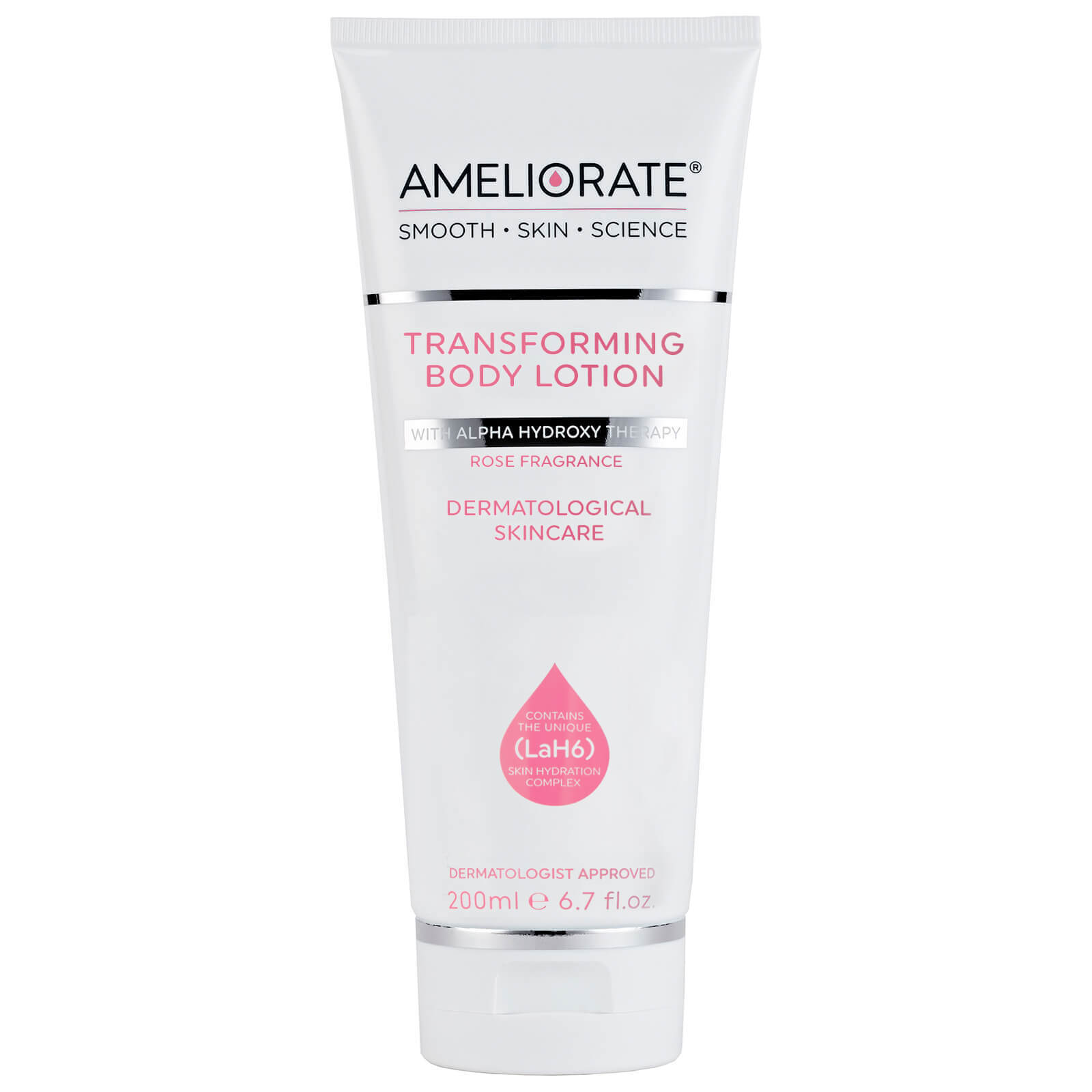
This is a dermatologically tested body lotion that both exfoliates and moisturises your skin, meaning that you're removing dead skin cells as you restore hydration. It's incredibly lightweight—despite its hardworking nature—and I love this new floral version even more than the original.
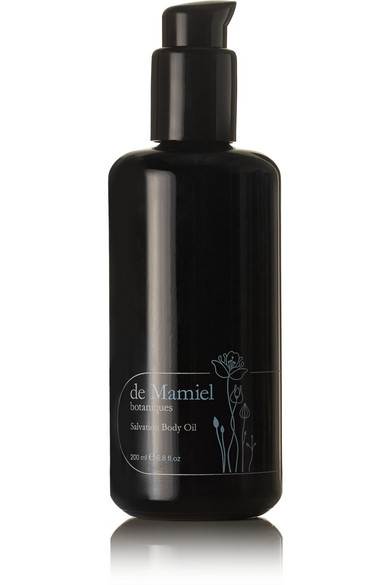
Yes, this stuff is pricey, but its an all-natural blend of high-quality plant oils that's totally free of synthetic ingredients and is handmade in England. Plus, you genuinely only need a few drops to cover your whole bump. Containing argan, rose-hip, coconut and baobab oils, it smells like you're treating yourself to a spa treatment in the comfort of your own home.
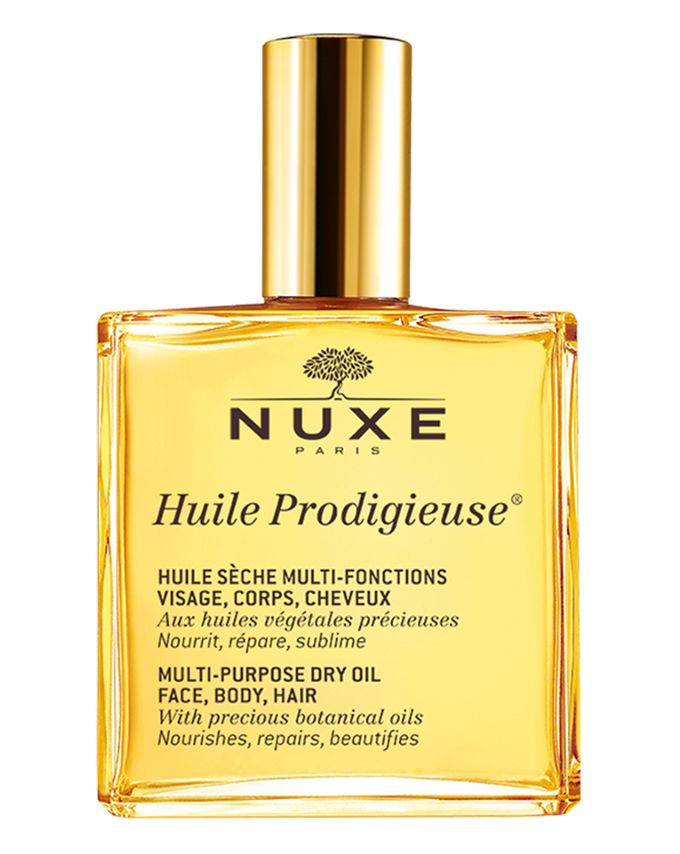
A more affordable oil option comes in the form of this French pharmacy staple. Alongside botanical oils, it also contains nourishing vitamin E for optimal hydration, and sinks in immediately so you don't have to hang around waiting to put your clothes on after application. This has to be one of my favourite-smelling products in the entire world.
#5. Switched out my essential oils
The conversation on using essential oils during pregnancy is a total minefield. The NHS website offers the confusing advice that "few complementary or alternative medicines are known to be safe during pregnancy," followed by the fact that "there is some evidence to support the use of massage and aromatherapy for treating anxiety." Generally, research is limited, which is why most women choose to avoid essential oils.
"Although natural, there are several essential oils that should be used with caution during pregnancy," explained Meder. "The agents they contain have small molecular weight and high volatility, so they may affect the body as a whole. Camphor, peppermint extract and mint oil are also not recommended during pregnancy—especially for those late in pregnancy or those with an increased risk of miscarriage."
Whilst there's nothing I love more than a bath drenched in Aromatherapy Associates Deep Relax Bath Oil (£49), given that there's such mixed messaging on the topic, I've decided to steer clear of bathing in essential oils entirely during my pregnancy. Instead, I've found some alternatives to aid relaxation at the end of the day.
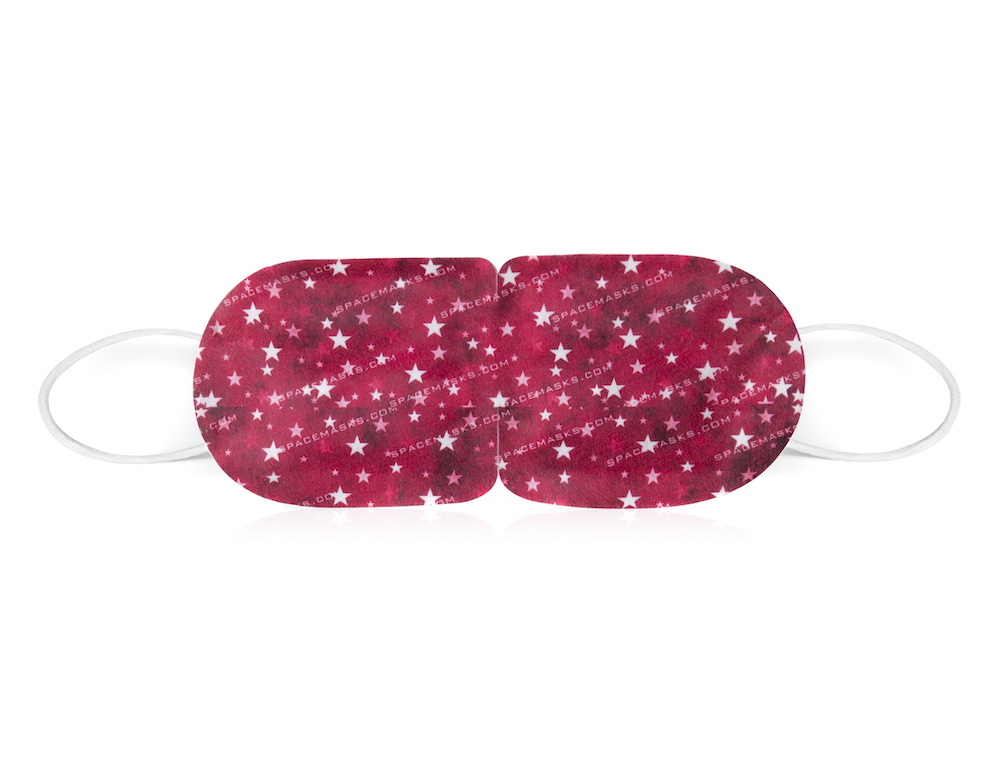
The benefit of using essentials oils at night is their ability to help you switch off and unwind. In lieu of them, I've been reaching for Spacemasks (self-heating eye masks) to calm my senses when I head to bed. These new rose-scented versions launch next month, with £1 from each sale being donated to The Royal Marsden Cancer Charity. However, the classic jasmine-infused ones are available now.
Next up, I've ditched all of my other foundations for this new one.
Mica Ricketts is a freelance beauty editor, copywriter and regular contributor toBest Knockoff Luxury Clothing UK. She also writes for titles including Marie Claire UK, Refinery 29 and Cosmopolitan, and previously worked atBest Knockoff Luxury Clothing UK as Beauty Editor. With experience in both editorial and content management, she also works with beauty brands and small businesses on brand messaging and content strategy. As a busy mum of two, she is passionate about finding efficacious beauty products that can disguise all signs of tiredness with minimal effort.
